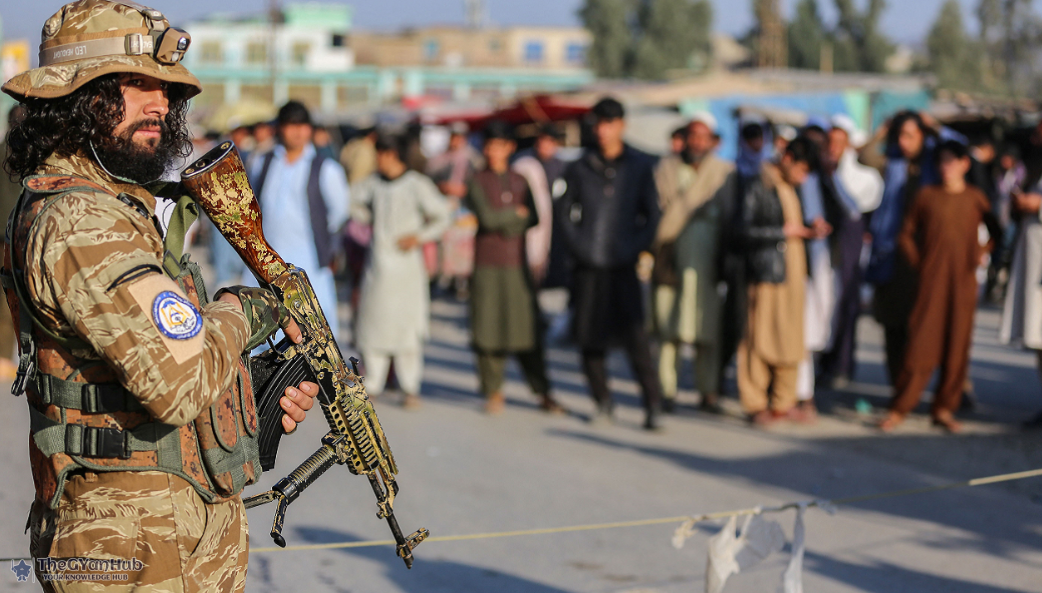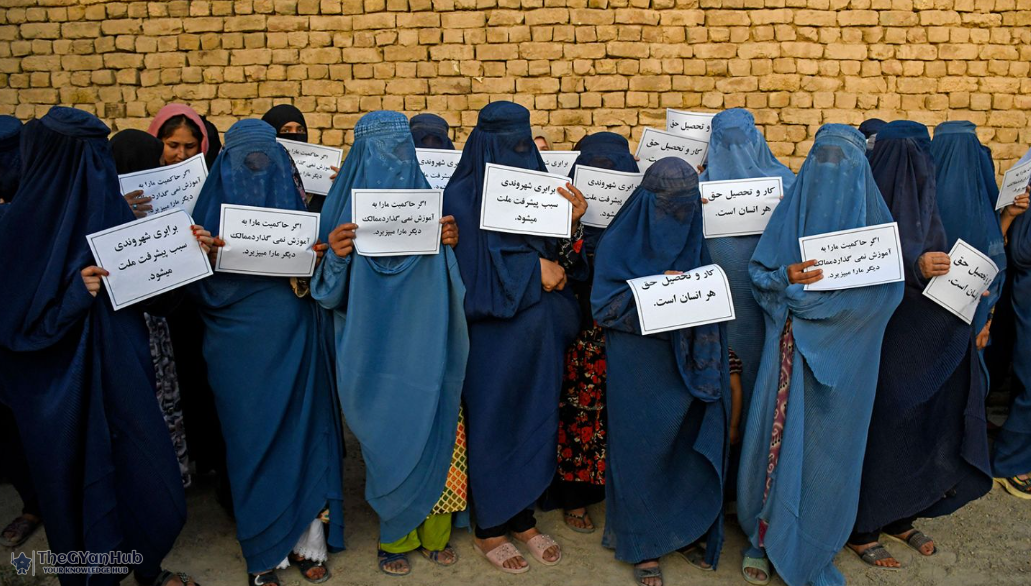I’m a passionate writer who loves exploring ideas, sharing stories, and connecting with readers through meaningful content.I’m dedicated to sharing insights and stories that make readers think, feel, and discover something new.
Taliban's Response to Internet Ban Allegations
In recent developments, the Taliban government in Afghanistan has firmly rejected allegations of imposing a nationwide internet ban. The reports, which have sparked widespread concern, were addressed by Taliban officials who clarified that the disruptions are due to necessary upgrades of the country's aging fiber optic infrastructure.

Infrastructure Challenges and Upgrades
The Taliban's Ministry of Communications and Information Technology has stated that the existing fiber optic cables, which have been in place for several years, are worn out and require replacement. This process, they assure, is aimed at improving internet connectivity across Afghanistan, rather than restricting access.
According to a spokesperson, the government is committed to ensuring that the Afghan population remains connected to the global digital community. The upgrades are expected to enhance internet speeds and reliability, which have been a concern for both urban and rural areas.
Public Reaction and Concerns
The initial reports of an internet ban had caused alarm among citizens and international observers, fearing a move towards increased censorship and isolation. However, the Taliban's clarification has somewhat alleviated these fears, although skepticism remains among some segments of the population.
Many Afghans rely heavily on the internet for communication, education, and business, making the prospect of a ban particularly troubling. As such, the government's assurance of ongoing improvements is a welcome relief to many.
International Observations
International organizations and foreign governments are closely monitoring the situation. The Taliban's approach to internet governance is seen as a critical indicator of their broader policies on freedom of expression and access to information.
Experts suggest that while infrastructure upgrades are necessary, transparency and communication with the public are crucial to maintaining trust and avoiding misinformation.
Further Reading
Related articles in this category

World News
PM Modi Unveils Micron's State-of-the-Art Facility in Gujarat, Paving the Way for India's Semiconductor Future
February 28, 2026
Prime Minister Narendra Modi inaugurated Micron's advanced semiconductor facility in Sanand, Gujarat, marking a significant step in India's pan-India semiconductor mission. This initiative aims to bolster the country's position in the global semiconductor supply chain.

World News
Affle 3i Limited Secures Two New Patents in India for Innovative Advertisement Technology
February 28, 2026
Affle 3i Limited has been granted two new patents in India, enhancing its capabilities in advertisement technology. This development signifies a major step forward in the company's innovative approaches to digital marketing.

World News
Bill Clinton Testifies: 'I Saw Nothing, Did Nothing Wrong' in Epstein Files
February 27, 2026
In a recent deposition, former President Bill Clinton asserted his innocence regarding the Epstein files, stating, 'I saw nothing, and I did nothing wrong.' This statement has sparked discussions and debates across various platforms.
TalibanAfghanistaninternet banfiber optic cablesinfrastructure upgradescommunicationstechnologyglobal connectivitycensorshipfreedom of expression






